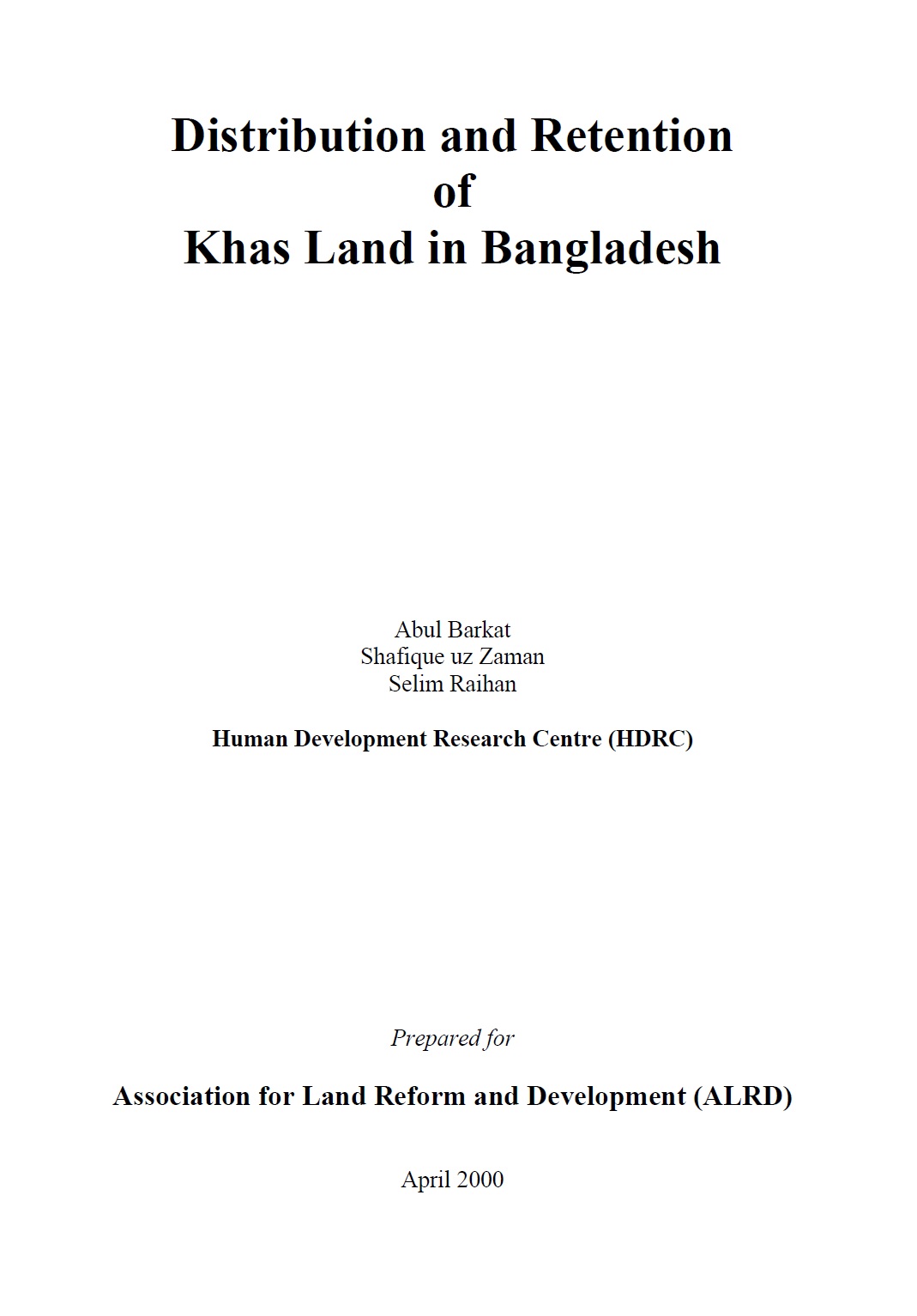Water and Agriculture in the Nile Basin
This paper discusses – at the sub-basin level – the regional differences and comparative advantages for agricultural development and water resources utilization in the Nile Basin. It looks at options for development, projected in the regional context, and the importance of agricultural water use for social and food security in the different parts of the basin.





